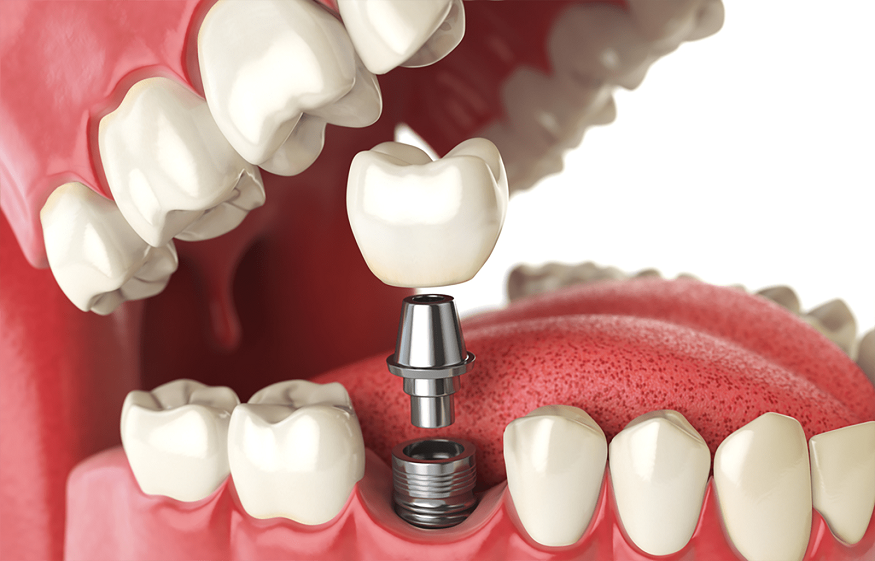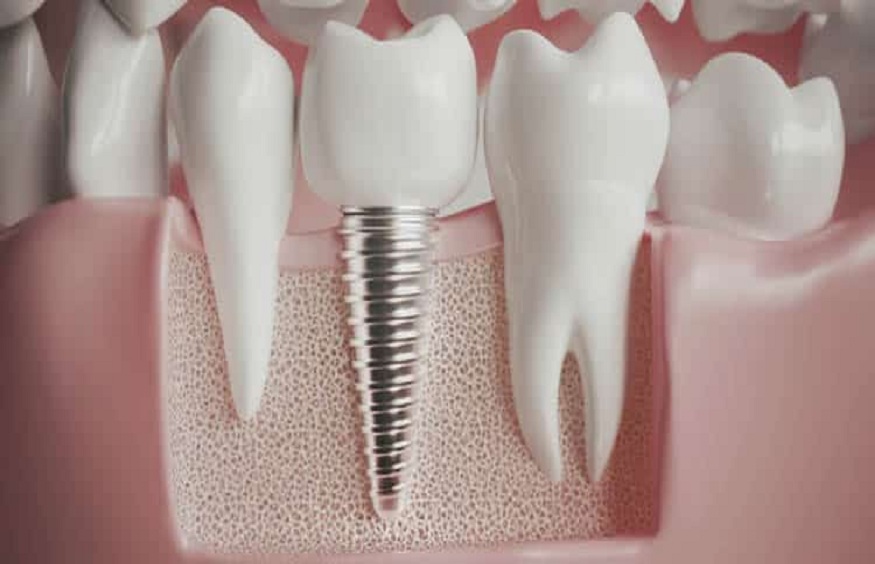For smokers who have lost teeth, dental implants can seem like an attractive option for restoring their smile and confidence. However, smoking can pose significant challenges to dental implant success, leading many to wonder if dental implants are a good option for them. If you’re a smoker, considering dental implants, it’s essential to understand the risks and benefits involved.
In this article, we’ll delve into the relationship between smoking and dental implants, exploring whether dental implants in Tukwila, WA, can be a viable solution for smokers seeking to restore their smiles.
What Are Dental Implants?
Dental implants are artificial tooth roots made of titanium or other materials that are surgically inserted into the jawbone to support a prosthetic tooth or bridge. Designed to mimic the natural tooth root, dental implants provide a stable and durable foundation for replacement teeth, allowing for natural-looking and functioning smiles. By integrating with the surrounding bone, dental implants also help to preserve the jawbone and prevent further bone loss, making them a popular and effective solution for individuals with missing teeth.
What Are The Risks of Smoking for Dental Implants?
Smoking can affect the success of dental implants in several ways. Here are some of the risks associated with smoking and dental implants:
- Reduced Blood Flow: Smoking can reduce blood flow to the gums and bone, which can impair the healing process after dental implant surgery.
- Increased Risk of Infection: Smoking can increase the risk of infection after dental implant surgery, which can lead to implant failure.
- Bone Loss: Smoking can contribute to bone loss in the jaw, which can affect the stability of the dental implant.
- Gum Disease: Smoking is a major risk factor for gum disease, which can affect the health of the gums and bone surrounding the dental implant.
What is The Success Rate of Dental Implants for Smokers?
The success rate of dental implants for smokers is lower compared to non-smokers, with studies showing an overall success rate of around 85-90% for smokers versus 95-100% for non-smokers. Smoking duration and intensity, type of implant, bone density, and oral hygiene habits are all factors that can impact the success rate of dental implants in smokers. However, with proper care and maintenance, many smokers can still achieve successful outcomes with dental implants, and quitting smoking can significantly improve the success rate of dental implants.
What Are The Tips for Smokers Considering Dental Implants?
If you’re a smoker considering dental implants, here are some tips to keep in mind:
- Quit Smoking: Quitting smoking can significantly improve the success rate of dental implants. If you’re unable to quit, reducing the number of cigarettes you smoke per day can still be beneficial.
- Choose an Experienced Dentist: Choose a dentist who has experience working with smokers and dental implants.
- Follow Post-Surgery Instructions: Follow your dentist’s instructions carefully after surgery to minimize the risk of complications.
- Maintain Good Oral Hygiene: Maintain good oral hygiene habits, including regular brushing and flossing, to keep your gums and bones healthy.
What Are The Alternatives to Dental Implants For Smokers?
If you’re a smoker who is not a good candidate for dental implants, there are alternative options available. Here are a few:
- Dentures: Dentures are a common alternative to dental implants. They can be custom-made to fit your mouth and can be attached to your natural teeth or implants.
- Bridges: Bridges are another alternative to dental implants. They involve attaching a prosthetic tooth to surrounding natural teeth.
- Partial Dentures: Partial dentures are a type of denture that is designed to replace a few missing teeth. They can be attached to your natural teeth or implants.
If you’re a smoker considering dental implants, consult with your dentist to discuss the best options for your individual needs.





